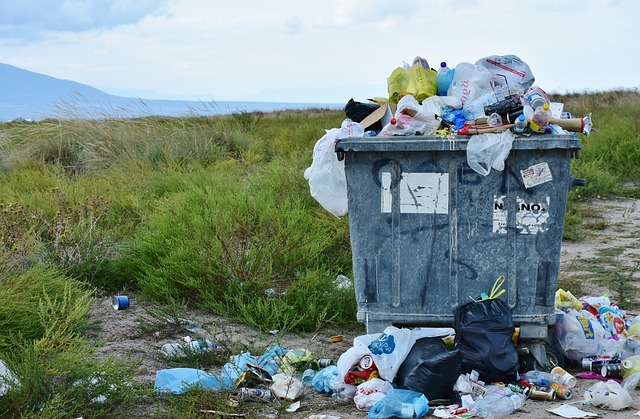As the festive season approaches its climax, the week before Christmas is a time of excitement, preparation, and celebration across the UK. However, this busy period also has significant environmental consequences, contributing to climate change in ways that often go unnoticed. From increased waste to energy-intensive activities, here’s how this week affects the planet—and what we can do to mitigate the impact.
1. The Plastic Problem
Christmas is synonymous with shopping, and the week before the big day sees a surge in the use of plastics. Toys, decorations, and festive packaging often rely heavily on single-use plastics. Items like glittery Christmas cards, wrapping paper with plastic coatings, and plastic novelties in crackers are widely purchased during this period. Unfortunately, much of this waste is non-recyclable and ends up in landfills or, worse, in oceans. The increased production and disposal of these items add to the carbon footprint of the festive season.
2. Wrapping Up (and Throwing Away)
The UK discards millions of rolls of wrapping paper and Christmas cards annually, much of which is non-recyclable due to foil finishes and glitter. Parcel deliveries from online shopping also peak this week, resulting in a flood of cardboard and plastic waste. While cardboard is recyclable, contamination and mishandling during disposal mean that much of it doesn’t get processed properly.
3. Food Waste: A Festive Feast Gone Awry
In preparation for Christmas feasts, many households stockpile food during this week, often purchasing more than necessary. The result? Tons of food waste. Items like mince pies, cheeses, and festive meats are frequently overbought and discarded. This organic waste produces methane, a potent greenhouse gas, when it decomposes in landfills.
4. Energy Consumption Soars
Decorative lighting is a hallmark of the Christmas season, with homes and streets adorned in festive displays. While LED lights are more energy-efficient, the cumulative hours of use during this week significantly increase electricity consumption. Heating and cooking also rise as households prepare for pre-Christmas gatherings, further boosting energy demand and emissions.
5. The Carbon Cost of Travel
The week before Christmas is one of the busiest travel periods in the UK. Families journey to visit loved ones, and holidaymakers take trips, leading to increased emissions from cars, trains, and flights. Additionally, the transportation of last-minute goods and food supplies intensifies, adding to the carbon footprint.
6. Consumerism and Resource Use
The demand for last-minute gifts and festive essentials fuels unsustainable production. Fast fashion, disposable tableware, and mass-produced items exacerbate resource extraction and carbon emissions. Many of these items have a short lifespan, contributing to waste immediately after the holiday.
How to Celebrate Sustainably
While these impacts are significant, there are ways to reduce the environmental footprint of Christmas without losing the festive spirit:
-
Choose Sustainable Wrapping: Opt for recyclable wrapping paper, kraft paper, or reusable fabric wraps. Avoid glitter and foil finishes.
-
Limit Plastic Use: Select plastic-free decorations and gifts. Skip single-use items like plastic tableware.
-
Plan Meals Wisely: Avoid overbuying food and get creative with leftovers to reduce waste.
-
Optimize Energy Use: Use timers for Christmas lights, switch to LEDs, and keep lights on for shorter periods.
-
Travel Smart: Carpool, use public transport, or consolidate shopping trips to reduce emissions.
-
Shop Locally: Support local artisans and businesses to minimize the carbon cost of transportation.
-
Gift Experiences: Consider digital gifts, vouchers, or experiences that don’t require physical packaging.
Conclusion
The week before Christmas is a joyous time, but it also has a significant environmental cost. By making conscious choices, individuals and households in the UK can reduce their contribution to climate change while still embracing the festive season. Small changes, such as using sustainable wrapping, minimizing food waste, and reducing energy consumption, can make a big difference. Let’s ensure that our celebrations bring joy not only to our families but also to the planet.
